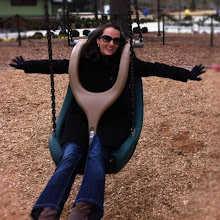Michael Drayton's sonnet number sixty-one, on first look, seems to be a sonnet about the ease with which love can be ended. However, a more careful reading of this sonnet reveals that it may in fact have the opposite meaning. One key word of this text, "vows," illuminates the speaker's true feelings about the difficulty of losing or ending a love affair.
Drayton begins his sonnet by having the speaker assert his joy at having the relationship end. The speaker then goes on to describe how easily the love affair will be done away with by saying, "Shake hands forever, cancel all our vows,/and when we meet again,/ Be it not seen in either of our brows/ That we one jot of former love retain." The word "vows" stands out as the key word of this poem and one which reveals the speaker's true feelings. According to the Oxford English Dictionary, a vow is "a solemn promise made to God..." A vow inherently cannot be broken because it is a promise to one’s maker. The fact that the speaker and his lover have made vows to each other reveals the seriousness of their relationship. Usually, a vow is considered to bind one person to another for eternity or until one of the persons in the relationship dies. So, even though the speaker may desire a simple end to his relationship, the existence of a vow between these two lovers suggests that an easy “canceling” of their promises will not be possible.
Later in the poem the idea that freeing himself will not be as easy as the speaker first suggests is confirmed when he says that Love is gasping his last breath, Passion’s pulse is failing, and Faith is near death. Although the speaker desires for the vows made in the relationship to be easily broken, it is simply impossible. In order for the separation of the lovers to occur, Love, Passion, and Faith, the sustaining matter of their connection must perish with the relationship.

1 comment:
Hannah, I think this is a very interesting post. I think you've come to quite an interesting conclusion about this poem, and one I don't think I could've come to myself. I love your out-of-the-box thinking, but in future posts you need to do a better job of supporting your analysis with quotations from and analysis of the text. Good job!
Post a Comment